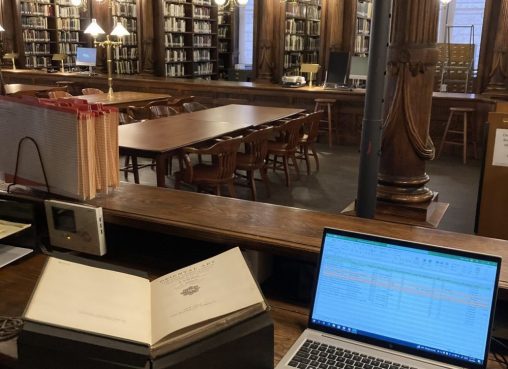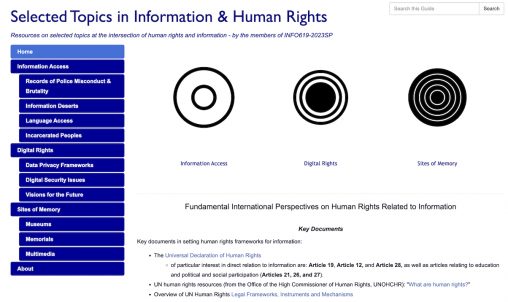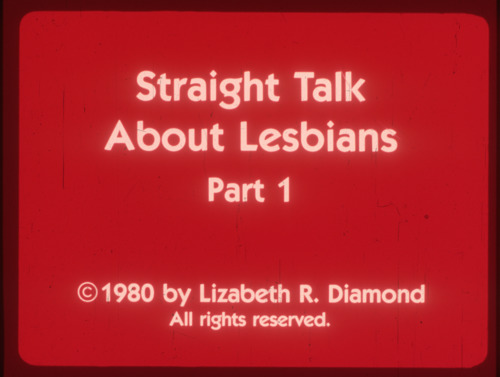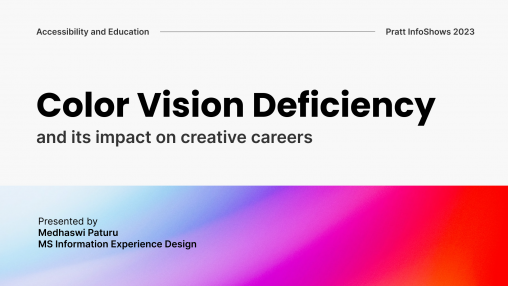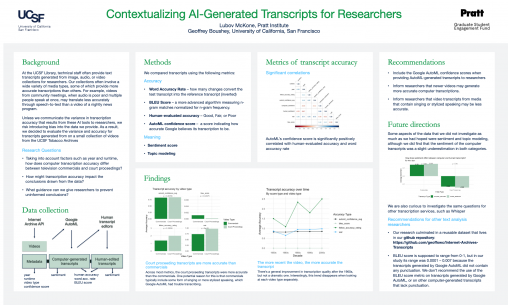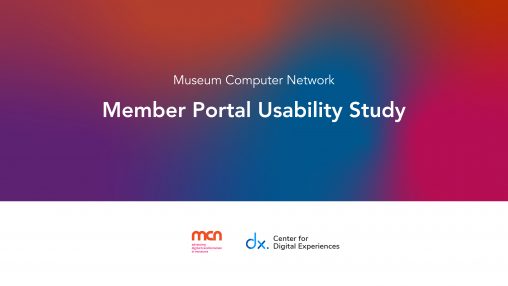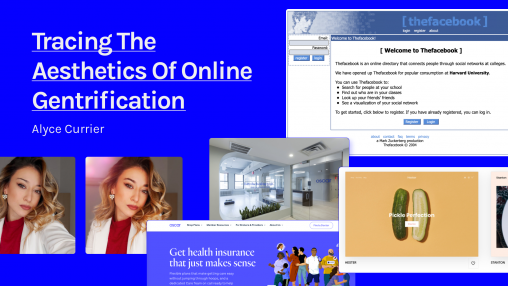Page 11 of 33
This project assesses digital content at the Metropolitan Museum of Art. It asks: How are digital components embedded in a cultural institution as large as the Met? And…
We will present the restored film strip Straight Talk About Lesbians, a 1980 educational film strip by Elizabeth Diamond. The film features women discussing their experiences, histories, and…
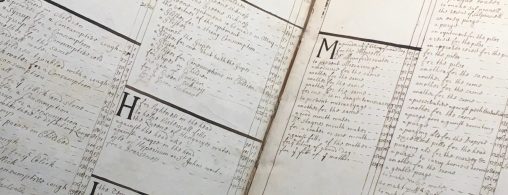
Using Interactive Maps to Visualize the Relationship between Food and Empire in the Early Modern Era
This engaging digital exhibit combines custom interactive maps with 17th-century cookbooks to communicate the concrete relationship between food and empire that fueled the rapid expansion of global trade, expansion, exploration, and extraction in the early modern era.
This eye-tracking usability study evaluated two aspects of the Met’s website that present content is markedly different ways: the interactive Close Look articles and the digital collection experience. As a result, we identified key findings and developed design recommendations which we ultimately presented to the Met’s digital product team.
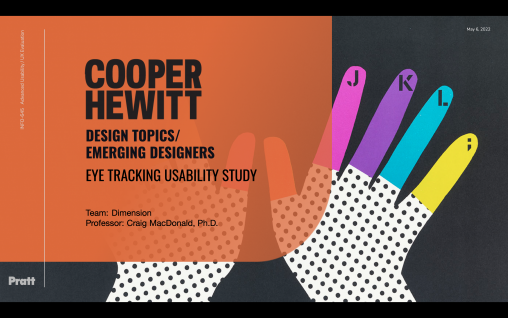
We wanted to understand how Cooper Hewitt museum’s website visitors view the visual hierarchy of the Design Topics and Emerging Designer pages while browsing content on mobile devices. We conducted an eye-tracking usability study with 8 participants and made recommendations to clarify some of the website language and make the site more mobile-friendly.

Archaid, an application that aids building professionals to communicate and execute design remotely via Augmented Reality. Archaid allows the users to pin their doubts, instructions, and actions on the site creating individual thread conversation for each pin almost completely eliminating the physical presence of the users on the site.
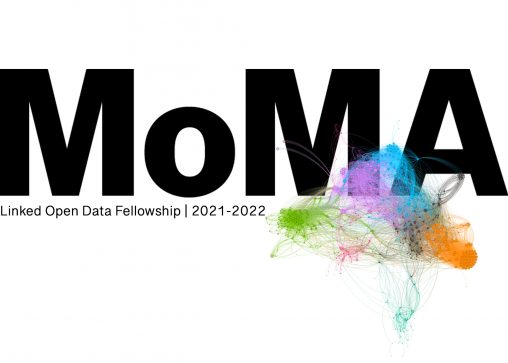
In congruence with the ongoing efforts of MoMA to make its exhibition history available online, the work completed through my MoMA Linked Open Data Fellowship built upon work of previous fellows to model art exhibition event concepts through Wikidata, an open knowledge base, enabling a further reach and connectivity of the institution’s archive and collection data.
One of the many impacts of the pandemic was the necessary shift to virtual and online engagement for museums. While in-person engagement may have returned, these organizations require guidance to improve the experiences of attendees to make sure they are meaningful, engaging, and accessible. The Center for Digital Experiences has worked with select organizations and is building a “playbook” to support this effort.
My final project for Digital Preservation and Curation examined using accessible web archiving tools to preserve hypertext interactive fiction games made with the platform Twine. The project addresses preservation concerns for the Twine format, with an emphasis on Twine’s interactive components, and on capturing the “experience” of a web page.
